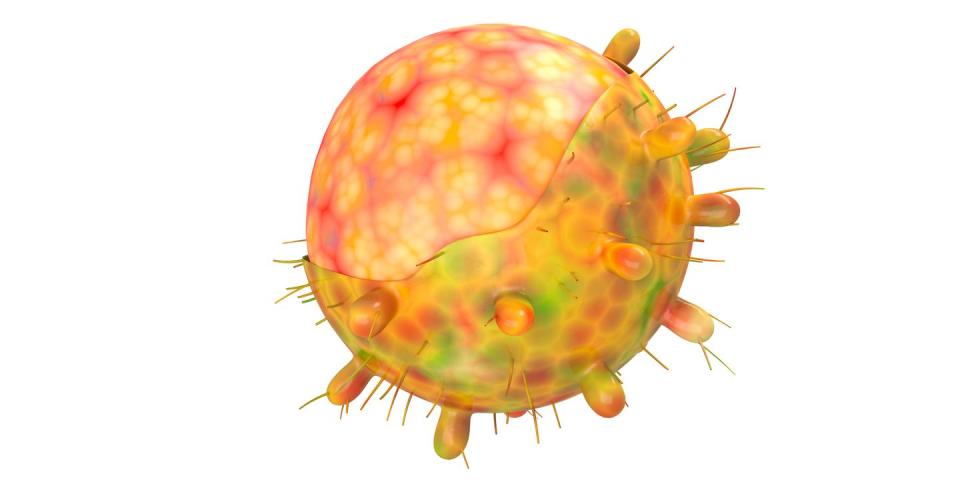Oops, a Study Says the New COVID Pill Is Actually Mutating the Virus

A new, non-peer reviewed study says Merck’s COVID-19 pill, Lagevrio, can mutate the coronavirus.
Merck claims the study is circumstantial and lacks proof.
The effectiveness of Covid-19 drugs is often less than initially claimed, according to updated information.
Instead of stopping COVID-19, Merck’s Lagevrio drug may actually help mutate the virus, according to a new, non-peer reviewed study. Merck, meanwhile, denies the accuracy of the study.
Researchers from the U.S. and the U.K., including the Francis Crick Institute and Imperial College London say that the drug’s purpose of mutating the COVID genome to restrict the virus from spreading within a patient may create more mutations of the virus that can then pass to other people.
Using a drug like Lagevrio to switch up the genetic code of the virus may not always be a great idea, according to the study authors. Jonathan Li, a virologist at Harvard Medical School and Brigham and Women’s Hospital in Boston, tells Bloomberg:
“There’s always been this underlying concern that it could contribute to a problem generating new variants. This has largely been hypothetical, but this preprint validates a lot of those concerns.”
Merck isn’t impressed. A spokesperson for the company tells Bloomberg “there is no evidence to indicate that any antiviral agent has contributed to the emergence of circulating variants,” and the study offers only circumstantial associations for the viral sequence origin.
Circumstantial or not, the researchers made the tie. “It appears that people are being treated, some of them aren’t clearing their infections, and some are passing them on,” Theo Sanderson, a study leader, tells Bloomberg.
Because of the drug-linked mutations, Merck’s Lagevrio pill is too much of a risk, says a Stanford University antiviral drug researcher who consulted with the authors, but wasn’t involved with the study. He tells Bloomberg:
“It’s a very distressing situation. There’s no evidence that any of these mutants is worse in any way—not yet—but it’s well agreed that you’re playing with fire if you’re creating random mutations and hoping nothing bad will come of it.”
You Might Also Like
